András Schiffer, former co-president of green party, Politics can be Different (LMP) recently stated in the Hetek podcast: “I am not an experienced diplomatic expert, but in my humble opinion, it is rather unprecedented in international relations for an embassy to be publishing little videos on the host country’s statements... this amounts to interfering in the internal affairs of the other state and it is quite simply the gesture itself that is extremely unusual, that an embassy practically becomes part of the host country’s internal political debates.”
The aforementioned gesture is indeed unusual, but not unprecedented. There is no doubt that until 2010 there were several occasions when it was absolutely clear which political party they were siding with. Around 1990, this was SZDSZ.
In 2010, on the night before the first round of elections, US ambassador Eleni Tsakopoulos Kounalakis visited the LMP headquarters office. According to Index reports, the ambassador met with András Schiffer, other LMP leaders, and embassy workers in a closed room.
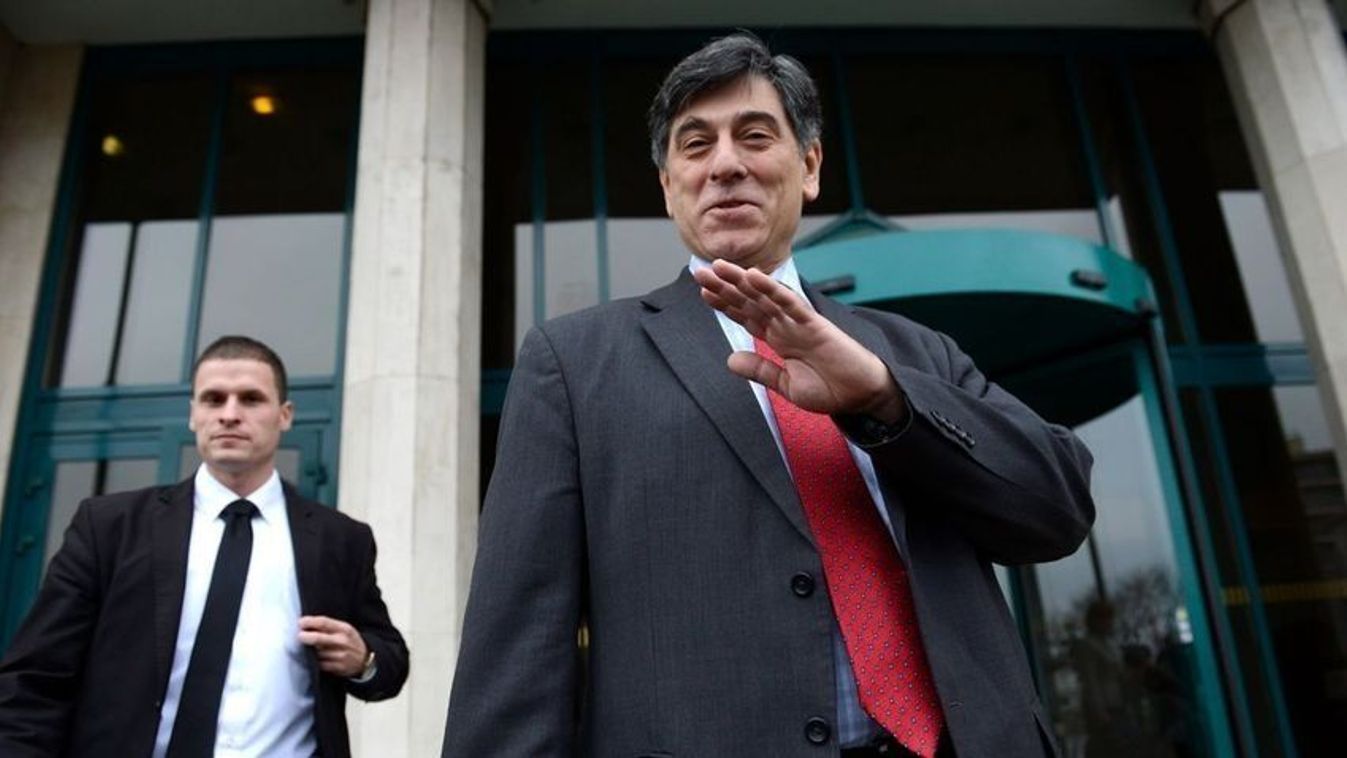
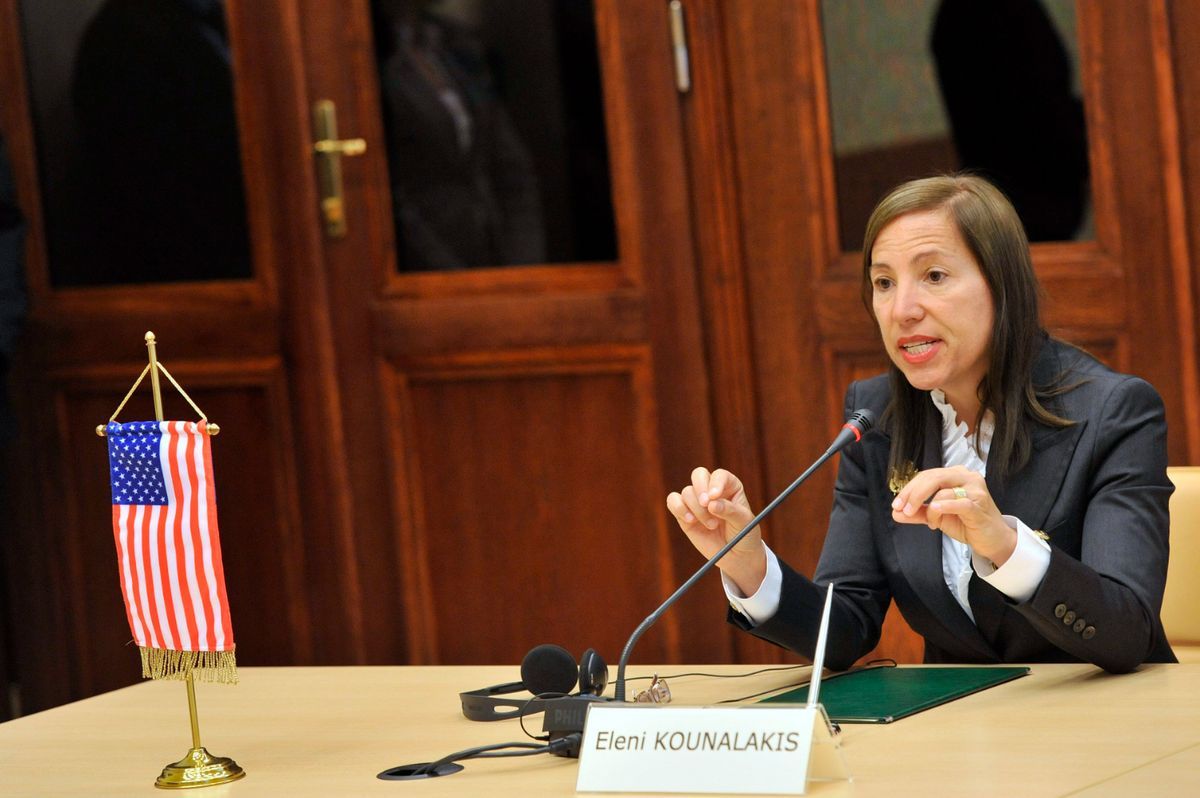
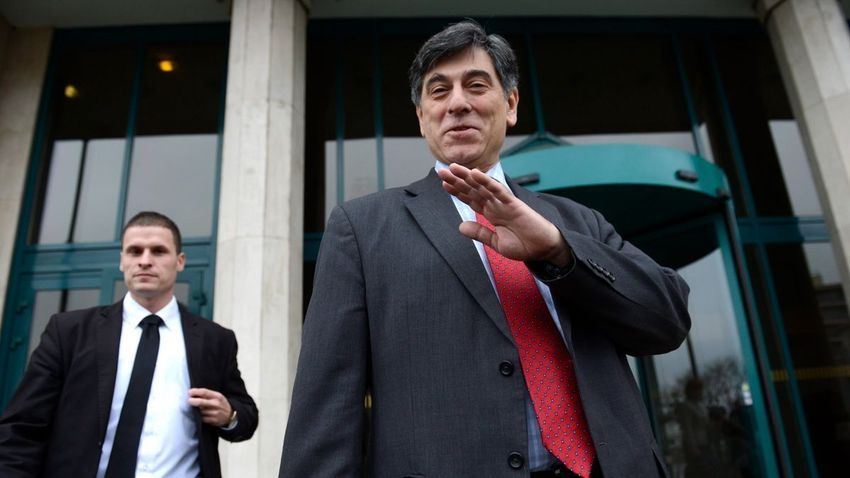
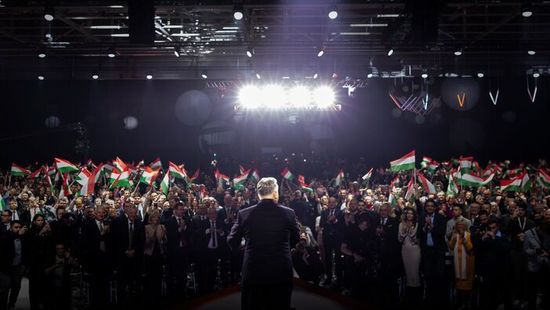
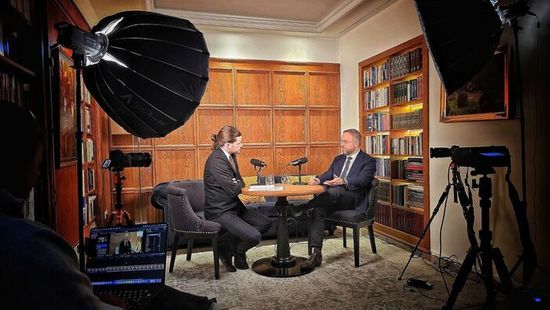
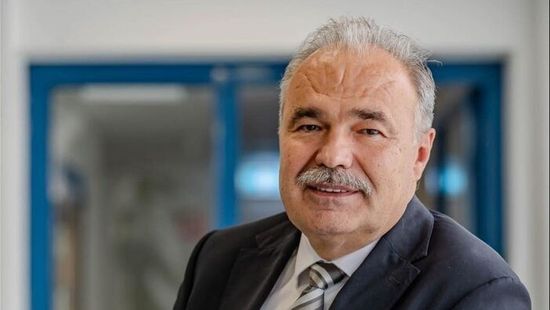
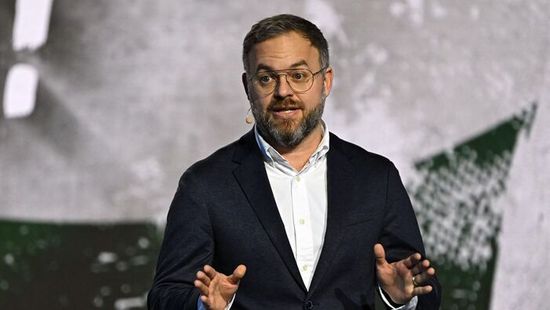



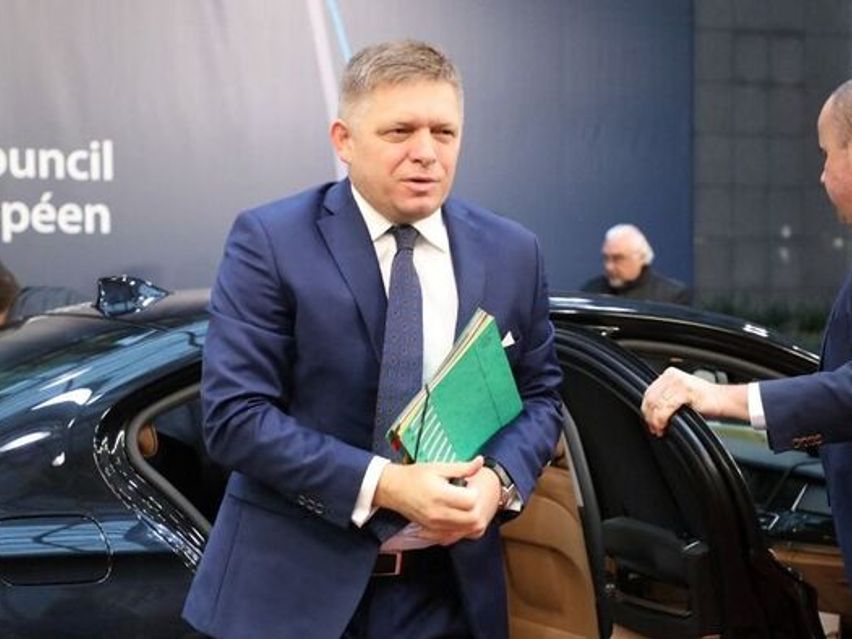
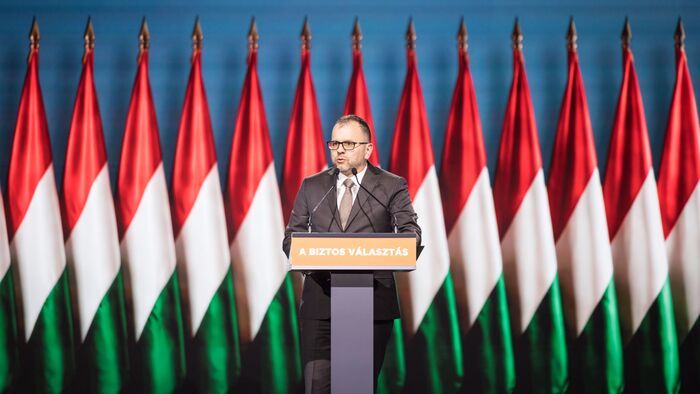



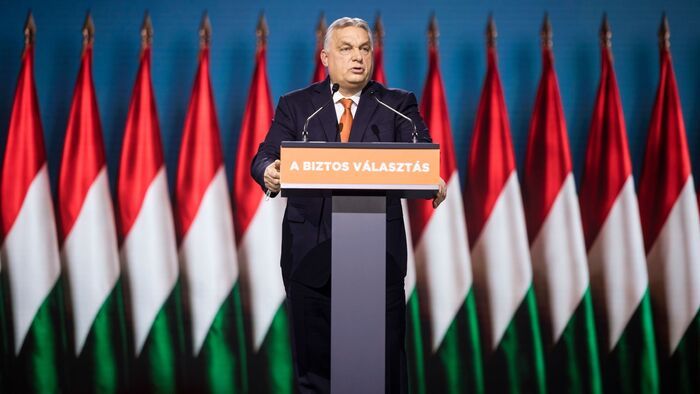

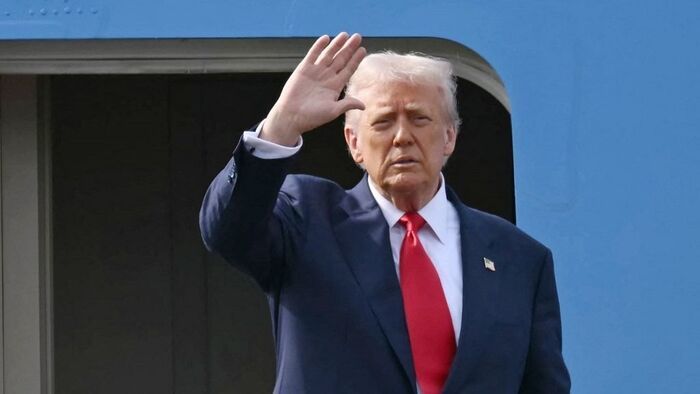
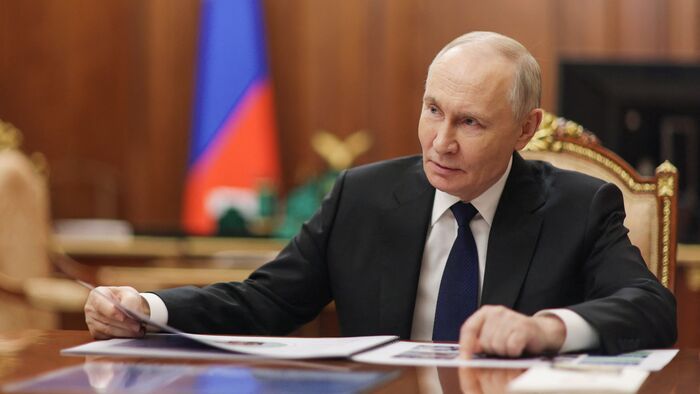
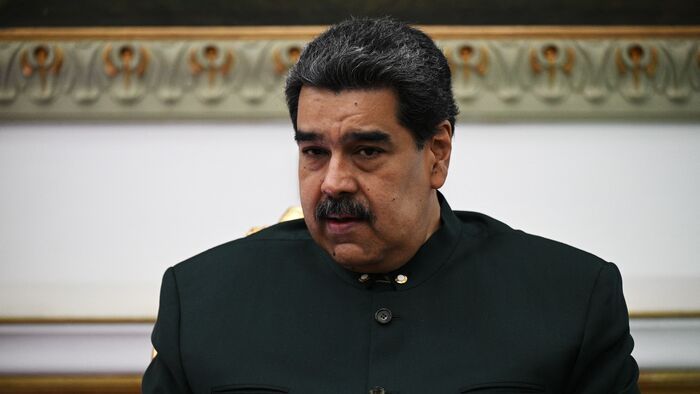





Szóljon hozzá!
Jelenleg csak a hozzászólások egy kis részét látja. Hozzászóláshoz és a további kommentek megtekintéséhez lépjen be, vagy regisztráljon!